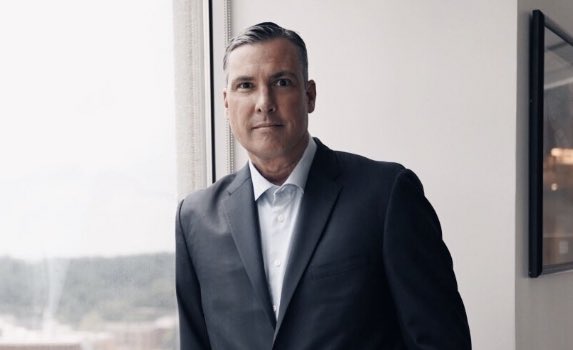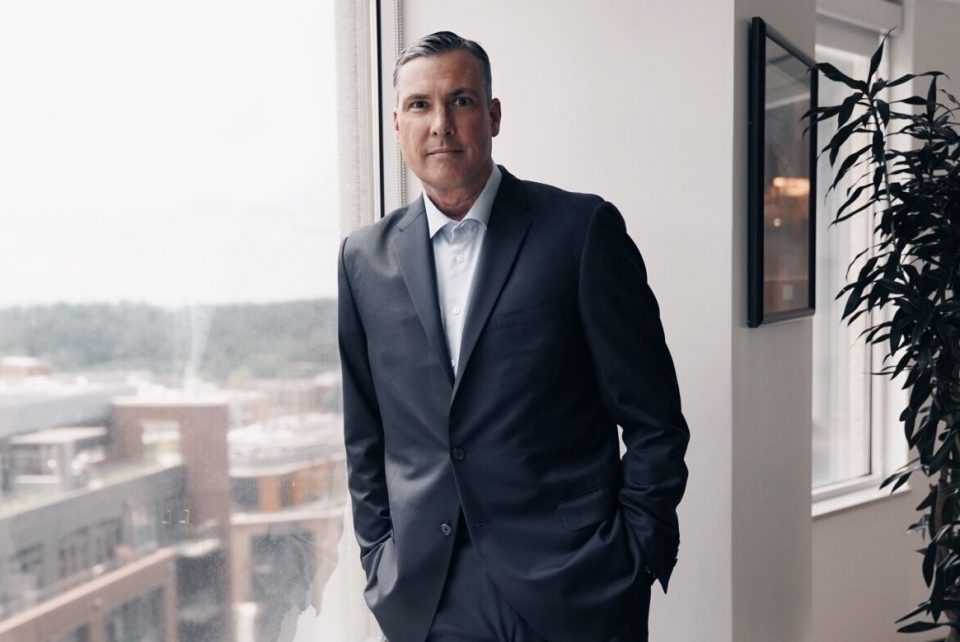Exclusive: Enviva’s CEO on biomass, climate change and pandemic challenges

As climate change efforts and environmental considerations are increasingly an integral part of any mature investment strategy, investors turn more and more to providers of alternative energies.
One of those solutions is biomass energy. City firms, however, are divided over whether they should pump capital into biomass as the technology of burning raw substances for energy production has sparked a heated debate in the UK and beyond.
To address these issues, City A.M.‘s Michiel Willems sat down with John Keppler, the co-founder, chairman and CEO of Enviva, the world’s largest producer of sustainable wood bioenergy.
Some observers claim that biomass is not as green as it ought to be. What do you say to those critics?
Instead of focusing on division we are focused on the consensus from the scientific and academic community that if the UK and EU are going to get to net-zero, you have to have biomass as a part of the renewable energy mix. In fact, the United Nations’ Intergovernmental Panel on Climate Change has clearly stated that sustainable forest management strategies and producing energy from forests will generate the largest sustained mitigation benefit for climate change and are a critical part of every pathway it outlines to mitigate climate change to less than 1.5 degrees Celsius.
“Our purpose is simple: displace coal, grow more trees and fight climate change.”
So a serious option in the fight against climate change?
Yes, it offers a real solution to climate change today. Every ton of sustainably sourced biomass means fossil fuels like coal, gas and oil stay in the ground where they belong. Our purpose is simple and straightforward: displace coal, grow more trees and fight climate change. The value sustainable wood pellets provide does just that. We have an opportunity to fundamentally change the complex equation of energy and the environment. It’s been remarkable to observe the effectiveness of the transition from coal to renewables, especially against the Covid-19 backdrop.
Can you elaborate on that.
There was a 67-day period this year where the country was not burning coal. That’s the longest the UK has been without coal since the dawn of the industrial revolution and it could not have been possible without biomass, which delivered 11% of the electricity on average, and managed peak demand at much higher generation rates. Also, we recently signed a letter of nearly 200 CEOs and business leaders calling on EU member states to increase greenhouse gas reduction targets to at least 55%. The world will not get to net-zero without sustainable biomass. We are part of a group of business leaders, academics and scientists committed to that fight.
“There was a 67-day period this year where the country was not burning coal. That’s the longest the UK has been without coal since the dawn of the industrial revolution.”
You mentioned Covid-19 earlier. How has the pandemic impacted your business?
Covid-19 has clearly had a vast impact on the energy sector, affecting everything from the price of crude oil to how we use electricity and think about future investments in energy infrastructure. To be able to deliver operating results as expected amid the pandemic, it required our operations and environmental, health and safety teams to creatively re-think and re-design our processes and procedures, and then diligently implement these new processes and follow them. This was hard work, but the extra effort has paid off.
Looking at 2021, where do you see opportunities for growth?
From a policy perspective, we will continue to play a role in helping global governments meet climate targets by providing a market for sustainable biomass that can displace coal and help us get to net-zero. Looking ahead, we want to go even further, using biomass as a carbon neutral replacement in heavy industries such as steel and aluminum, and using biomass in efficient combined heat and power plants. And from a business perspective, we recently completed two acquisitions in the U.S. that are fully contracted through the 2040s, and we have recently signed contracts in Japan that will help Japan meet its goal of being carbon neutral by 2050.
